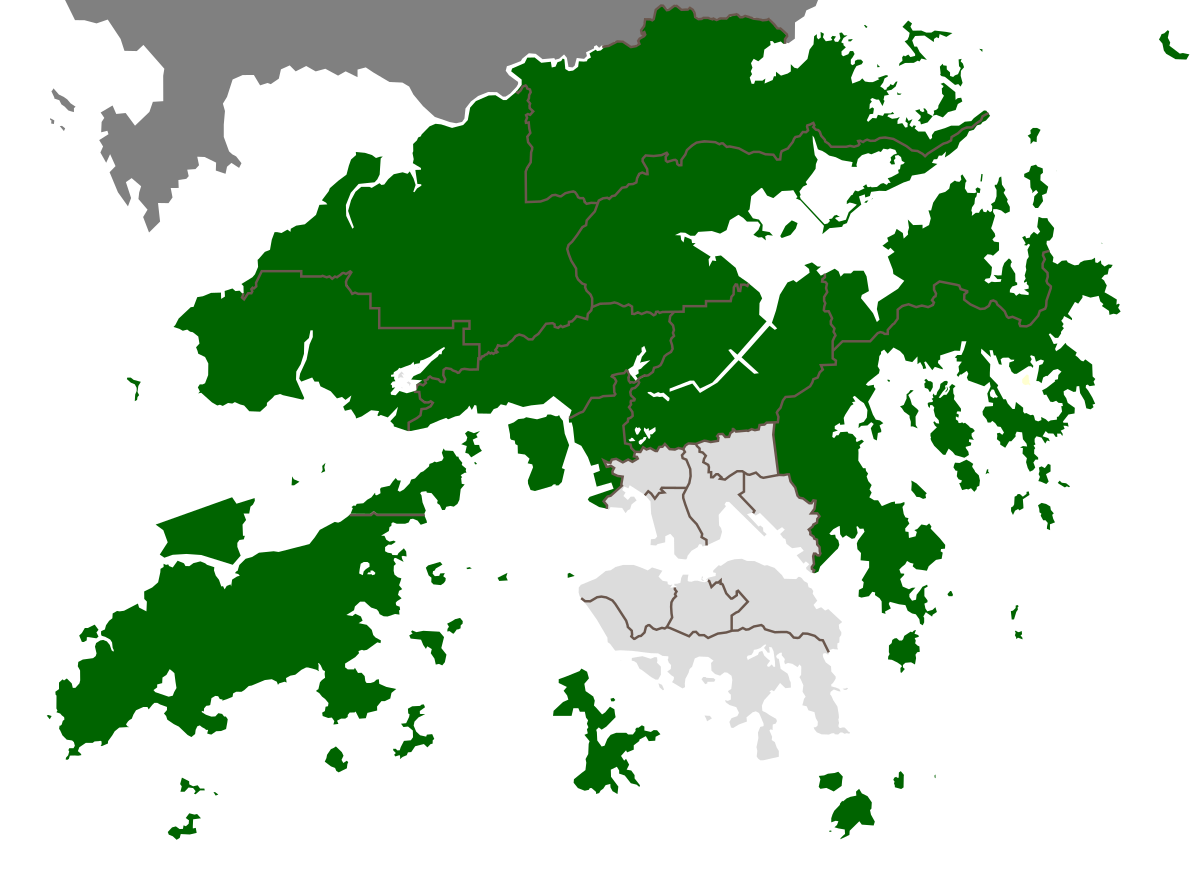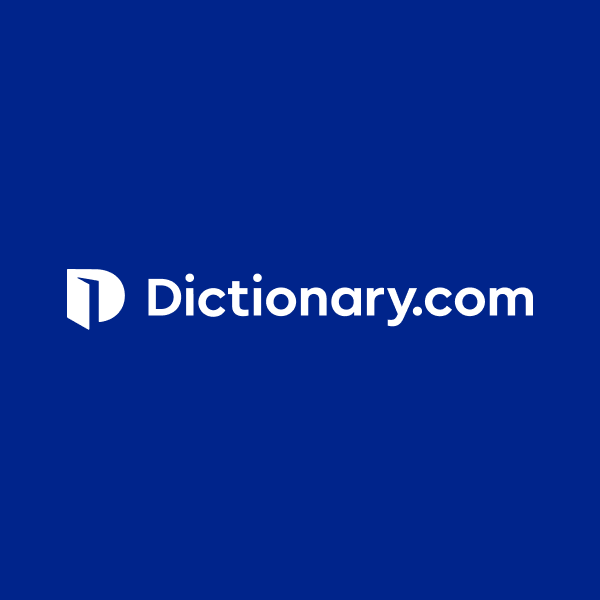You just sounds like my history teacher when he ask who won the WWII- I reply RussiaNope, it's never been ruled by the CCP, you don't have to go back to any time period as you're unable to cite any time when it was governed by the CCP.
It never belonged to the PRC and you're wrong re: the lease too; there was no 99-year lease on HK island, you're getting confused with the 99-year lease on the new territories. HK Island was given to the PRC because it wasn't practical to split from the new territories, the CCP didn't want to extend the lease on the new territories and they threatened to cut the water off. The UK had no choice but to give it up.
It's got naff all relevance to Taiwan though.
You're not very good at this, first you made a flawed analogy with Scotland then you get basic facts wrong in your next reply.

It Reads in history
On June 9, 1898, the British under Queen Victoria brokered a 99-year lease agreement for the use of Hong Kong after China lost a series of wars fought over the British trade in tea and opium. Britain was granted an additional 99 years of rule over the Hong Kong colony under the Second Convention of Peking. Hong Kong was occupied by the Japanese from 1941 to 1944 during World War II but remained in British hands throughout the various Chinese political upheavals of the 20th century.
Several times in the first half of the 20th century, Britain considered relinquishing the lease to China because the island simply wasn't important to England anymore. But in 1941, Japan seized Hong Kong. U.S. President Franklin Roosevelt tried to pressure British Prime Minister Winston Churchill (1874–1965) to return the island to China as a concession for its support in the war, but Churchill refused. At the end of World War II, Britain still controlled Hong Kong, although the Americans continued to pressure it to return the island to China.
By 1949, the People's Liberation Army led by Mao Zedong (1893–1976) had taken over China, and the West was now afraid that Communists would get their hands on a suddenly invaluable post for espionage, especially during the Korean War. While the Gang of Four did consider sending troops to Hong Kong in 1967, they ultimately did not sue for the return of Hong Kong. (PLA)
Your getting confused it was for HK & territories
On July 1, 1997, when the lease term expired the government of Great Britain transferred control of British Hong Kong and the surrounding territories to the People's Republic of China. PRC

I leave the links happy reading
Britain agrees to return Hong Kong to China | December 19, 1984 | HISTORY
In the Hall of the People in Beijing, British Prime Minister Margaret Thatcher and Chinese Premier Zhao Ziyang sign an agreement committing Britain to return Hong Kong to China in 1997 in return for terms guaranteeing a 50‑year extension of its capitalist system. Hong Kong–a small peninsula and...
:max_bytes(150000):strip_icc()/English_Quarter_Hong_Kong-0ebbd259acf34c84b08cf33cb1e7cd1a.jpg)
Why Did Hong Kong Belong to Britain?
For 100 years, Hong Kong was known as British Hong Kong, first as a crown colony and then under a lease to Queen Victoria's British Empire.
Not naff but basic history
Last edited:





 @OCUK
@OCUK
 my answer is NO
my answer is NO 

